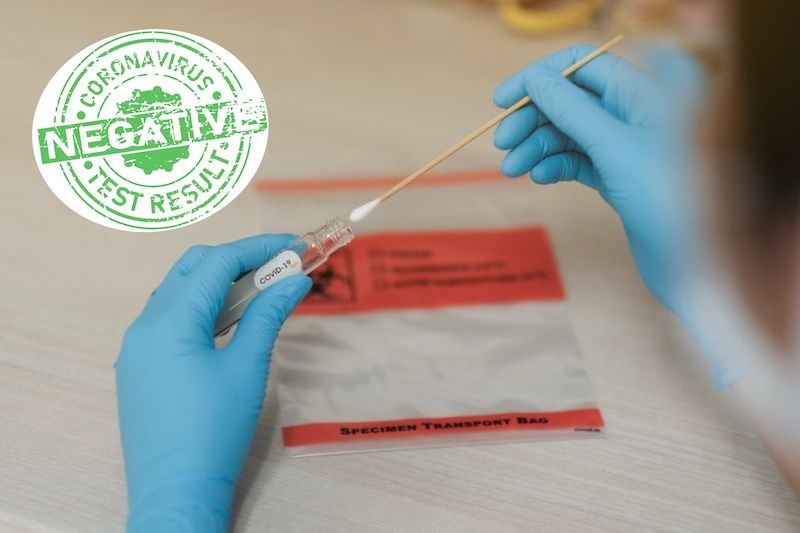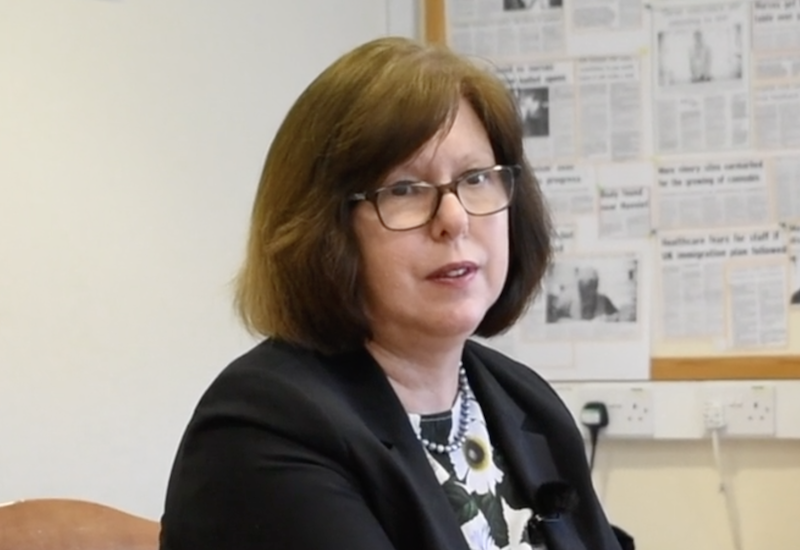


With the number of active covid-19 cases now in single figures, and dropping rapidly, Guernsey is heading towards 'elimination' of the virus - a strategy likely to see it cut off from the rest of the world until neighbouring jurisdictions have the pandemic under control.
While more than 4,000 people in the island have been tested for the virus, there are just seven active cases at the moment, with no evidence of community seeding since 21 April.
Based on those figures, both Public Health and the States of Guernsey have set their sights on eliminating the virus completely - but are now looking at how exactly to define what that means for the island.
"I think we need to differentiate between 'elimination' and 'eradication'," the island's Director of Public Health, Dr Nicola Brink, said on Friday.
Video: The press conference in full.
"Eradication is when you permanently reduce to zero a particular infectious agent globally, for example smallpox. It no longer exists across the whole world.
"Elimination is a more narrow definition. Elimination is when you reduce to zero an infection in a particular geographical region. We’re considering the Bailiwick as our geographical region. An example of a virus that we’ve eliminated locally but they haven’t eliminated in the UK is measles."
But, with many jurisdictions still dealing with new positive cases each day, there isn't yet an agreed global definition of what elimination should look like.
"We could say, 'We’ve had no new cases for 15 days.' Should that count? We’d argue not," added Dr Brink. "As you can see from our data we’ve still got seven active cases so, although they are in quarantine, there are still people who are potentially excreting the virus in the island.
"What we’re thinking of doing - we’ve opened this up for academic debate with various other colleagues in the UK - is look at the last active case disappearing and then a cycle of 28 days after that."
Once elimination has been achieved, the idea is that the Bailiwick will return to normality in its own 'bubble', separated from the rest of the world.

Pictured: The Bailiwick will be in its own 'bubble'.
However, it's unclear how long that could last. The reopening of Guernsey's borders will rely on a number of different factors which show that it is safe to travel.
"The obvious thing would be the development of a vaccine, so providing some protection to the local population," explained Dr Brink. "The second arm that people are looking at is the development of effective treatment for the viral infection - there are various drugs being trialled at the moment. The third thing is if the infection burns out in neighbouring jurisdictions.
"We will be looking at what the risk of infection is to islanders and how we can mitigate that risk.
"Because this is a new virus - it has only just hit the human population in the last six months - we just don’t know how quickly we’re going to get an effective vaccine, if we’re going to have effective treatment and how long it’s going to take to burn out. But, if we can be virus free within our jurisdiction it would open us up to a lot of activities."
Public Health has upped its testing regime as the number of active cases continues to plummet and is now on the look out for asymptomatic cases, before it can declare the disease 'eliminated'.

Pictured: Dr Nicola Brink.
"Asymptomatic infections will always be a concern but if asymptomatic infections are transmitted to other people you would expect someone to declare as symptomatic," continued Dr Brink. "That then goes to our test, contact trace and quarantine.
"If you had an asymptomatic infection that infected five people, you would expect at least two or three of those to be symptomatic. From that point of view, not everyone’s going to be asymptomatic, so you are protected to a degree by some people becoming symptomatic."
Comments
Comments on this story express the views of the commentator only, not Bailiwick Publishing. We are unable to guarantee the accuracy of any of those comments.